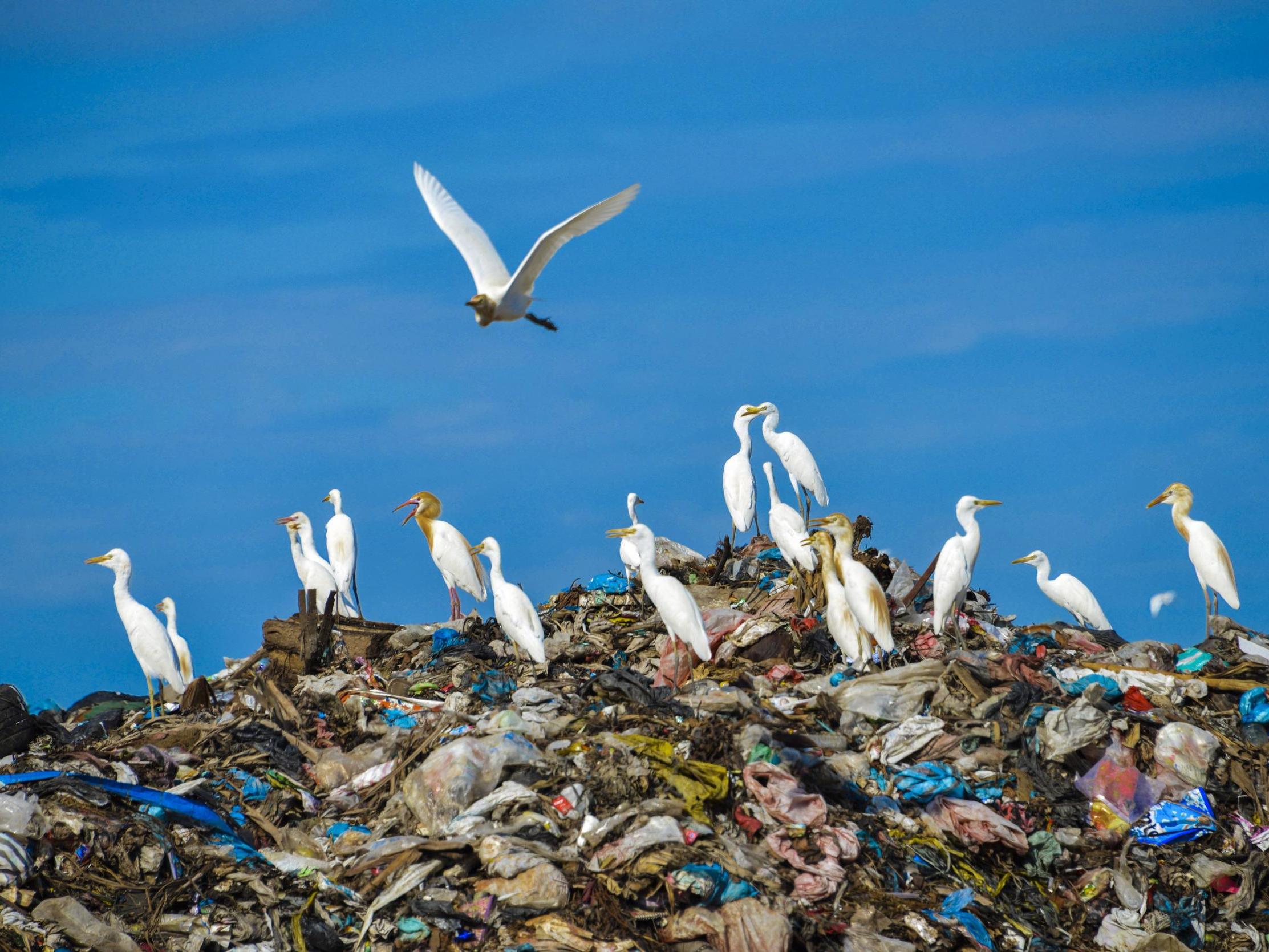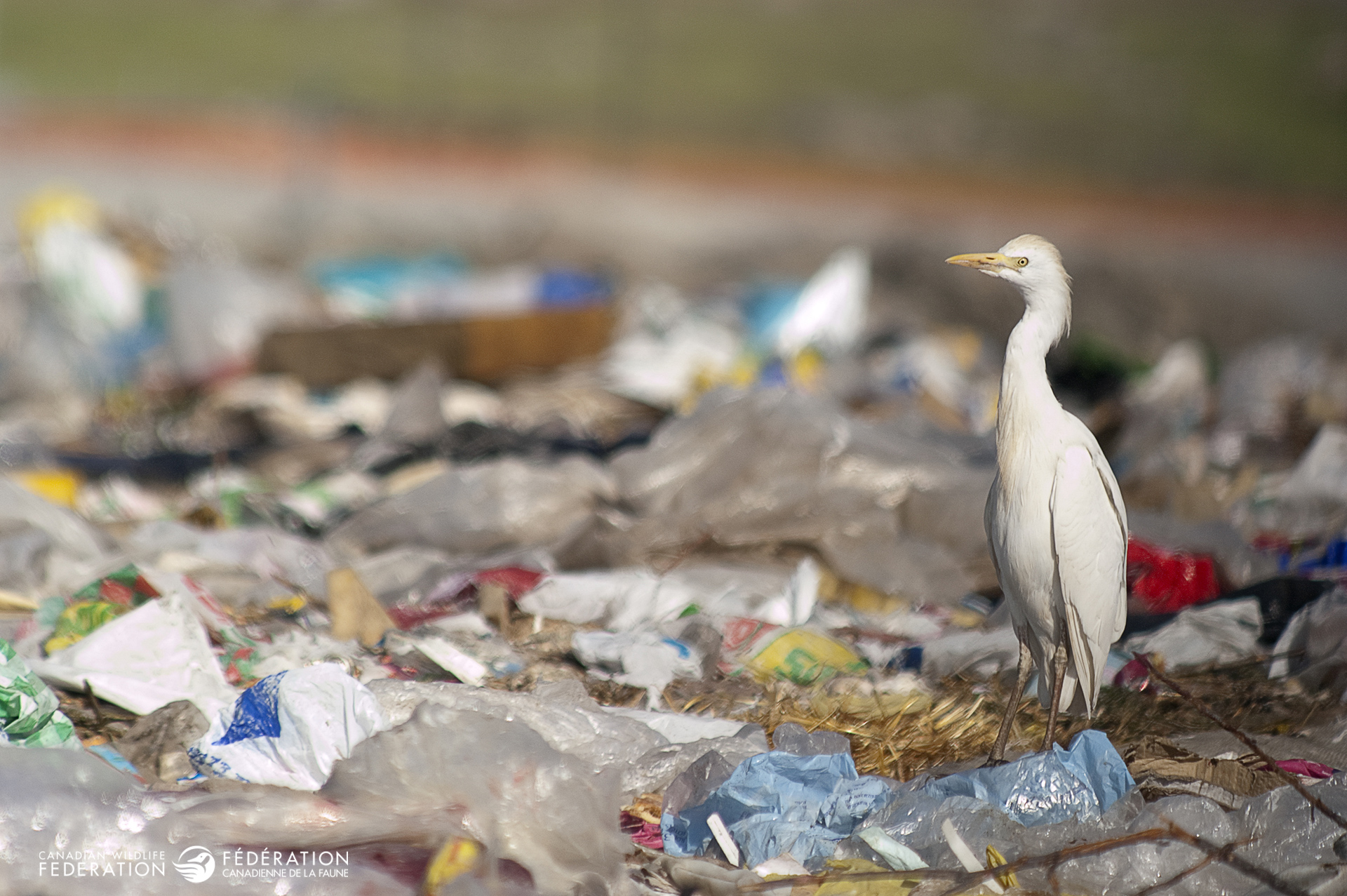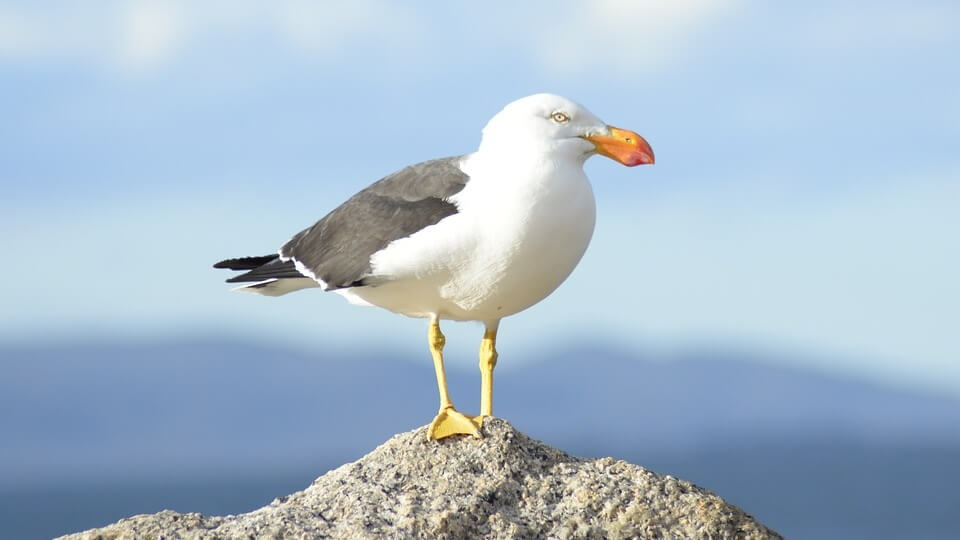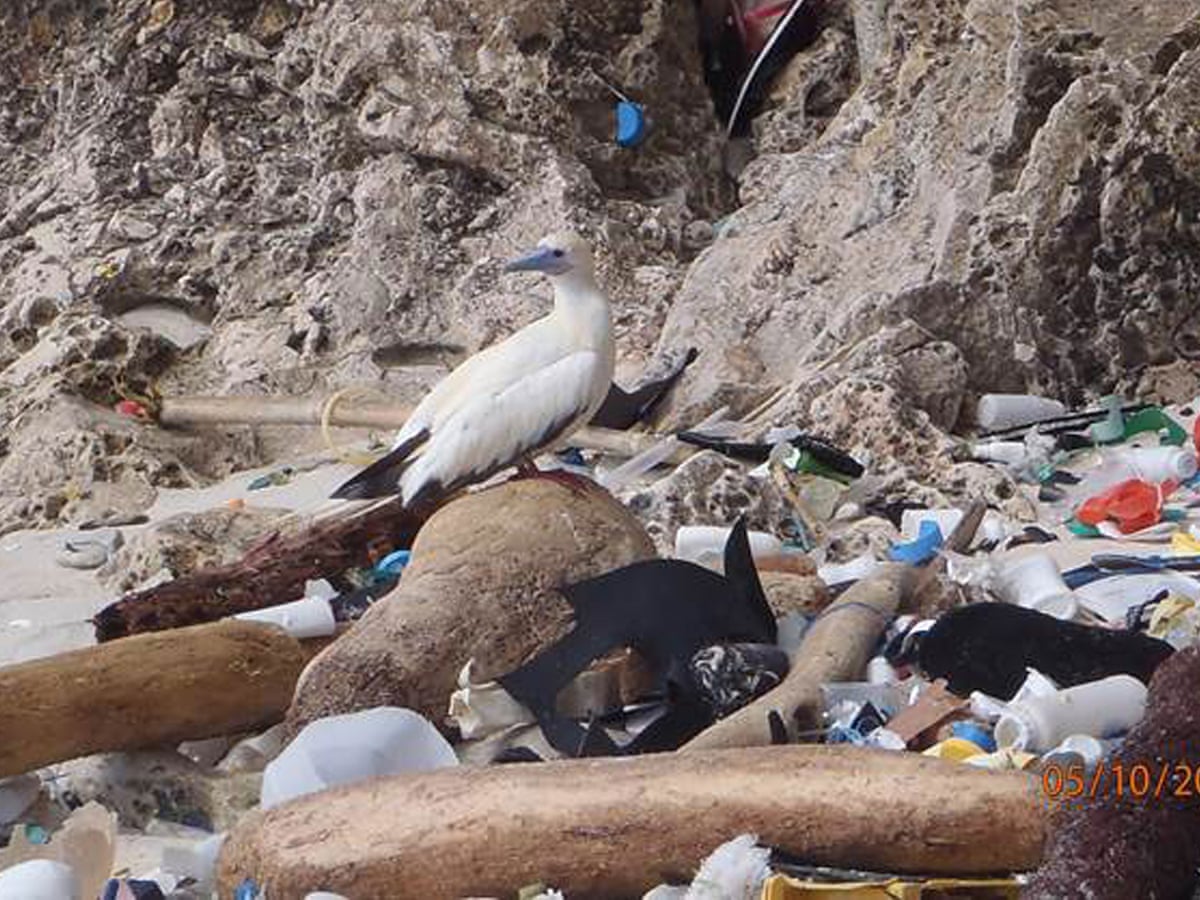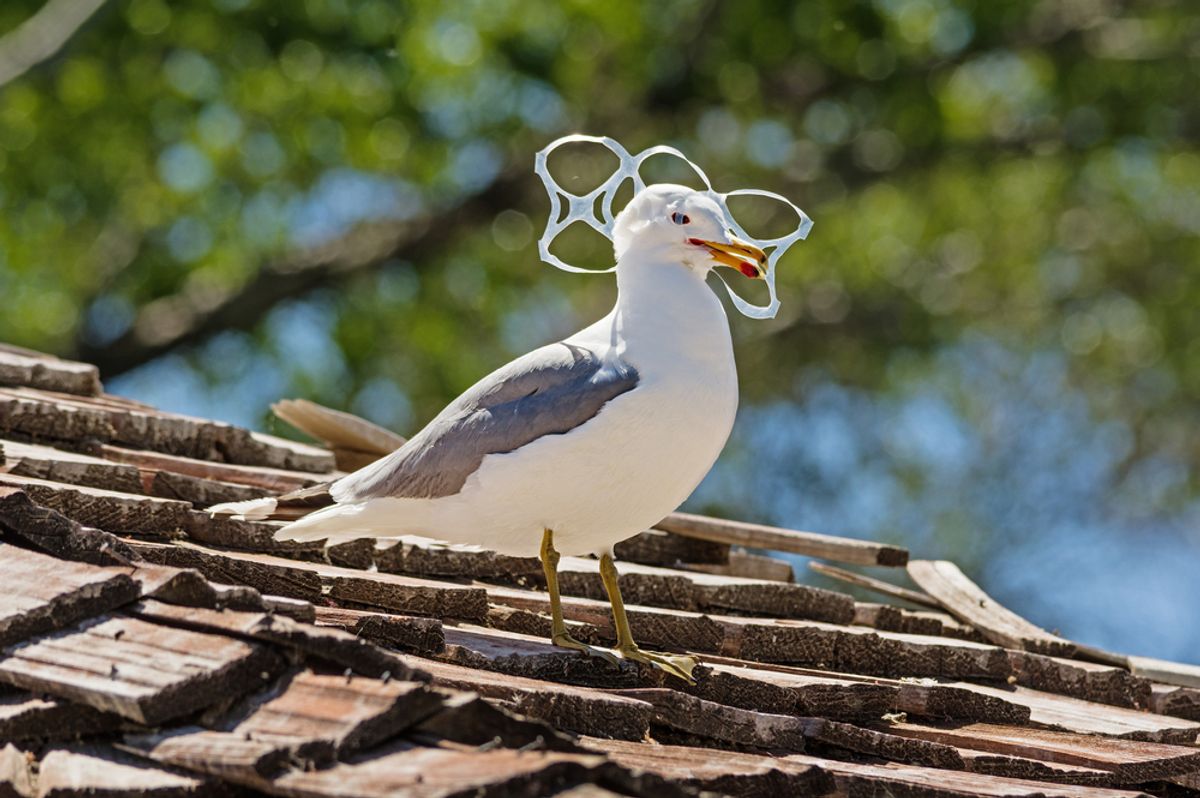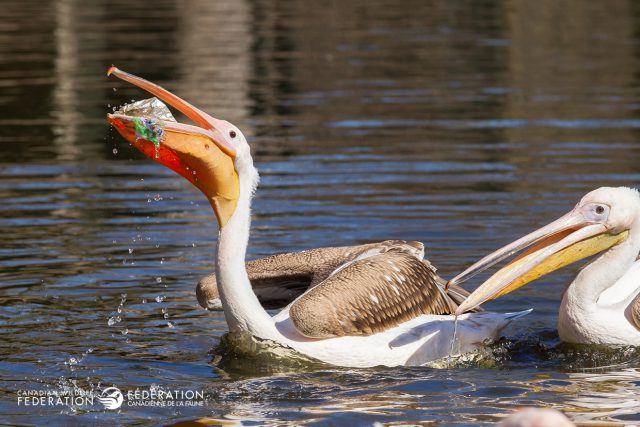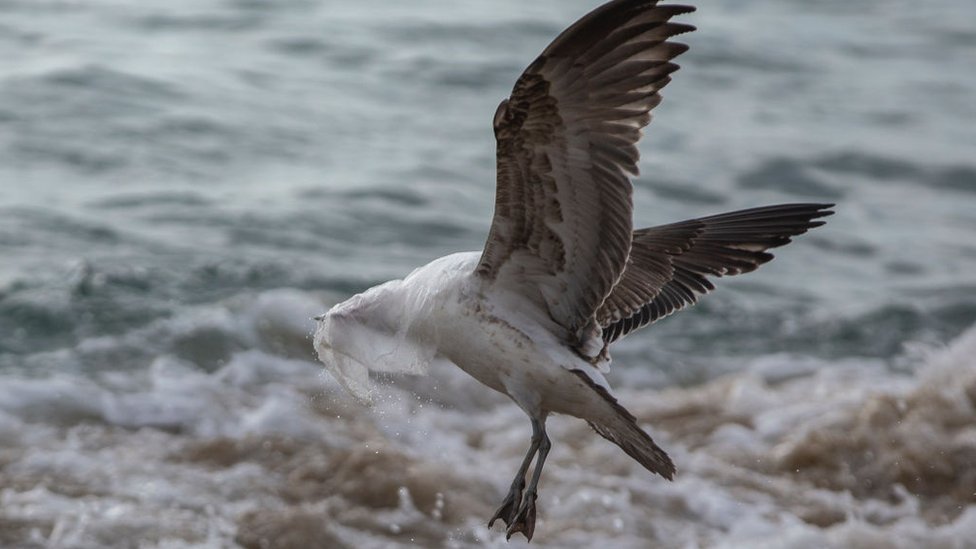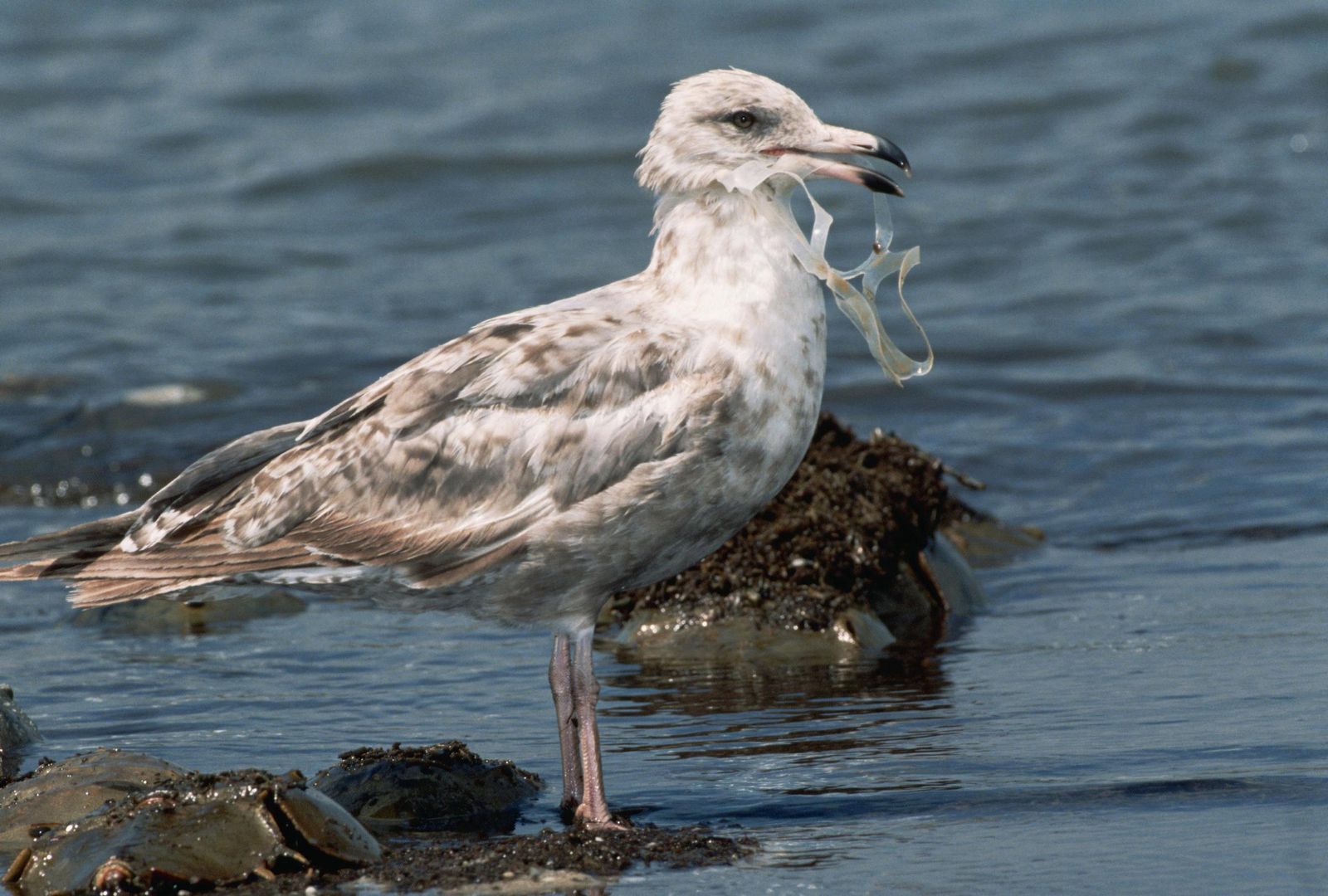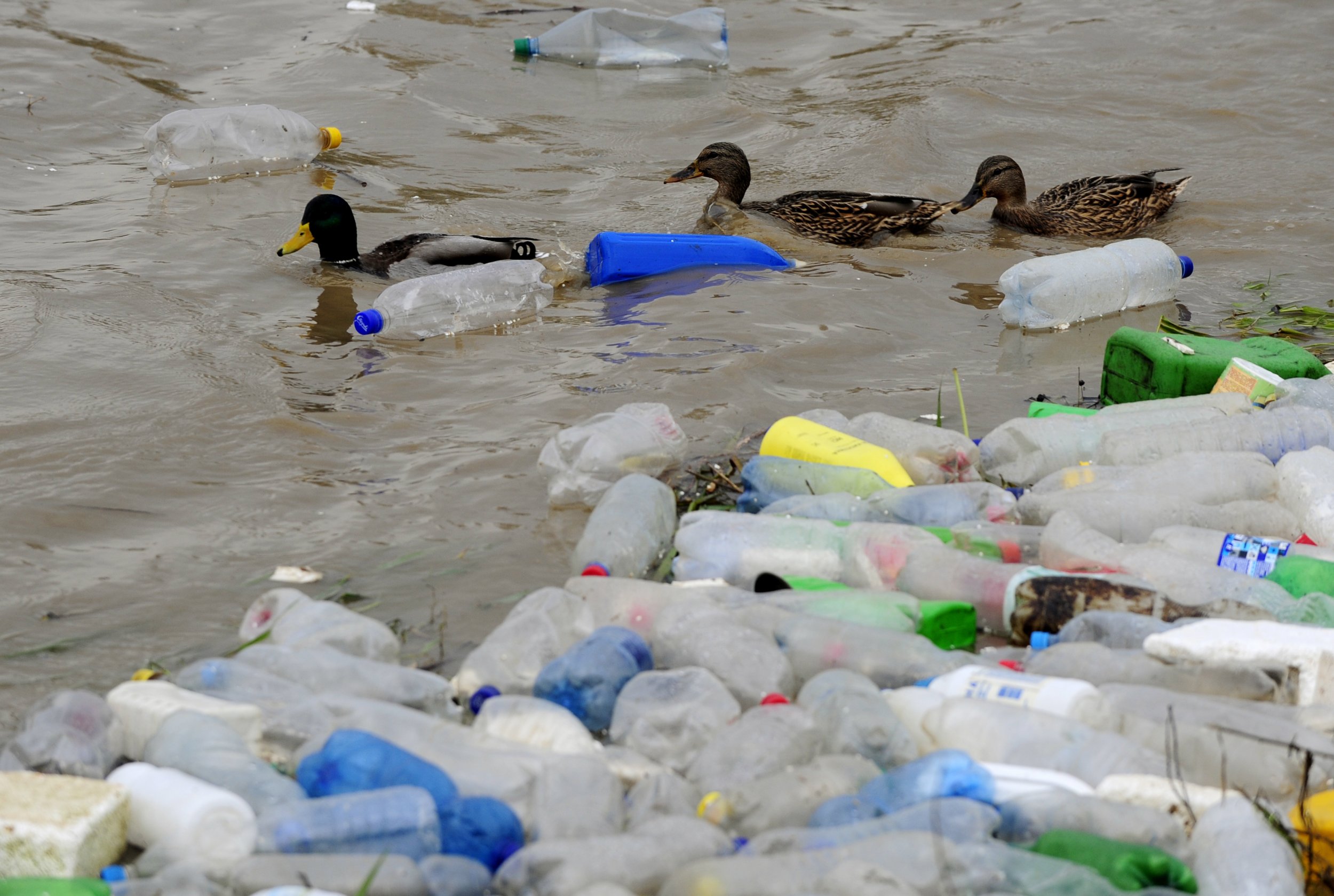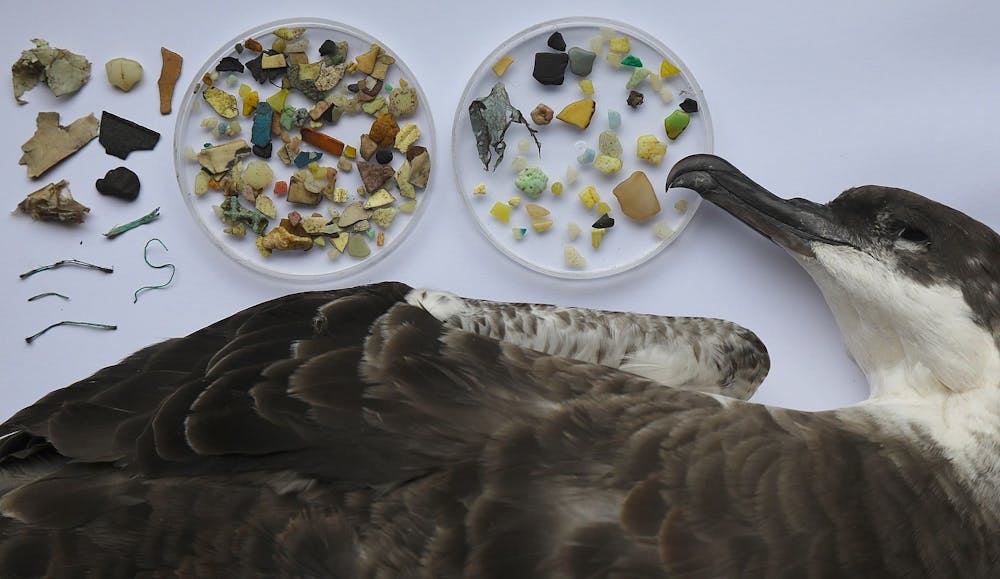
Seabirds that swallow ocean plastic waste have scarring in their stomachs – scientists have named this disease 'plasticosis'
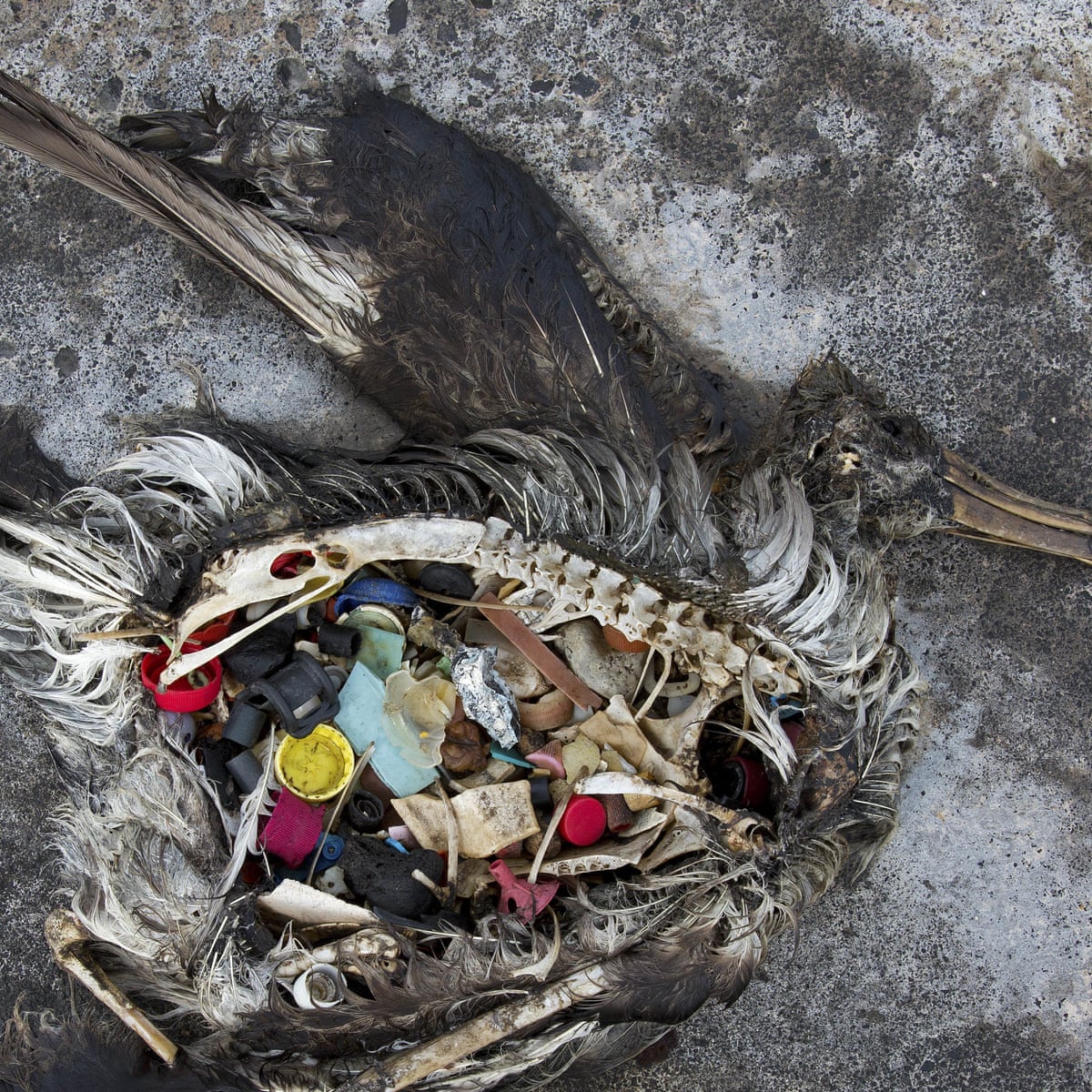
Seabirds eat floating plastic debris because it smells like food, study finds | Plastics | The Guardian
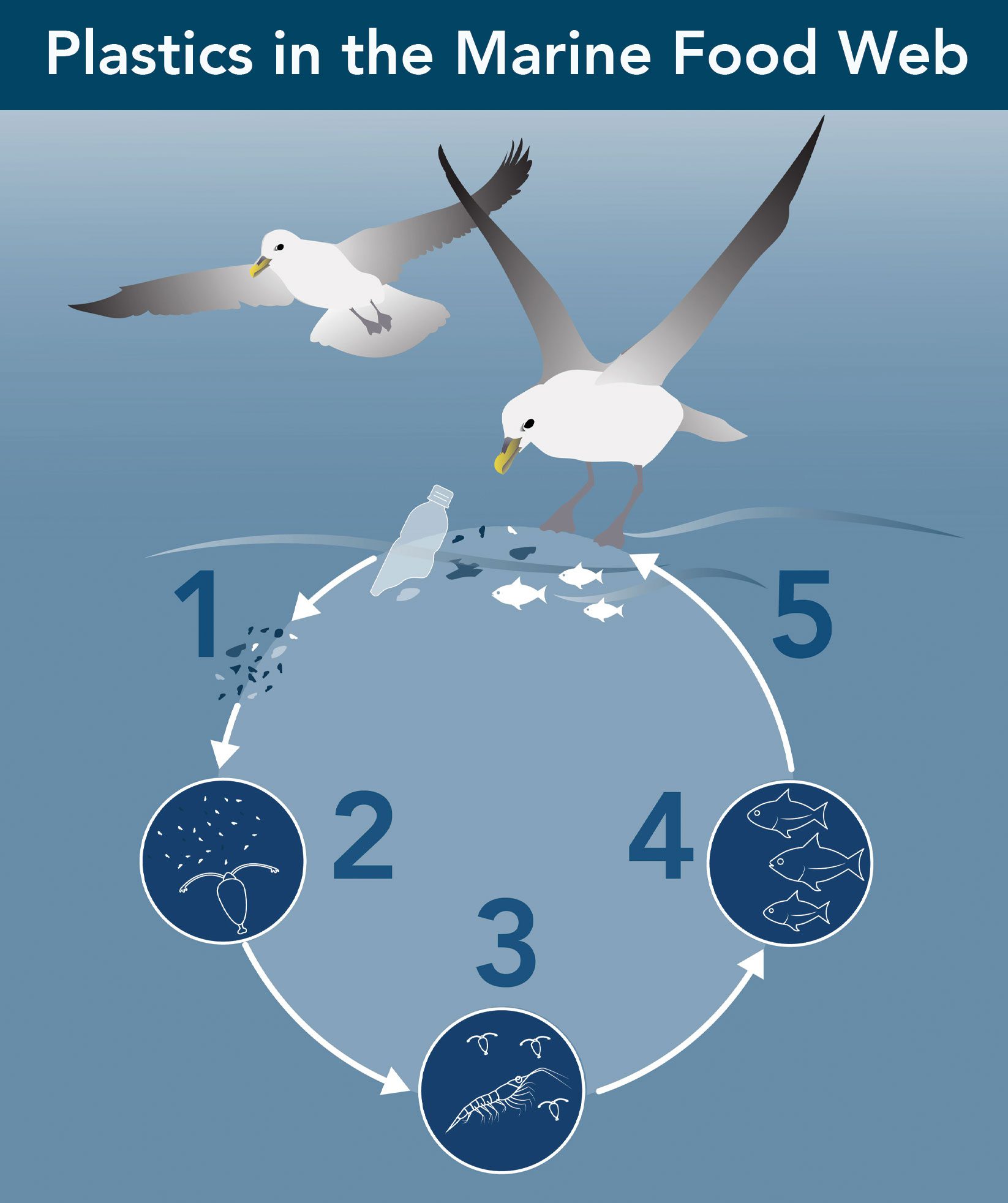
A Hardy Seabird Is Helping to Detect Plastic Pollution in the Arctic | All About Birds All About Birds

About 40% of world's seabirds have toxic substances in their bodies due to plastic waste, research by Japanese universities shows - The Japan Times
